Answer: The responsibilities of DSPs are wide-ranging and depend on the needs of the individual they are supporting. However, here are some of the main job duties of a Direct Support Professional:
Answer: Being a DSP can be a demanding, yet incredibly fulfilling career. It does require someone with a specific set of skills and abilities.
Some of the main skills and characteristics that make for a great DSP include:
There are also certain qualifications and requirements to become a DSP. These include:
Recommended DSP Certifications
DSP certifications validate and provide assurance to individuals and their families that the Direct Support Professional has met the certain standards established by accredited organization and therefore possess necessary competencies to provide quality care and support.
These certifications are nationally recognized and highly recommended but not required to contract with HLS.
For more information, Visit the NADD website at https://nadsp.org/
For more information, Visit the NADD website at https://thenadd.org/
Answer: HLS offers free training to those who possess the characteristics of a good DSP and are interested in contracting with us in this position. Other requirements are obtained once during the onboarding process. Cost related to clearances and insurance are covered by the agency at the start of your contract and later deducted from payroll.
Answer: As a 1099/Independent Contractor you have complete control over your caseload. Schedules; however, are dictated by the client’s needs and preferences. Acceptance of case requires a commitment to the schedule they select.
Answer: As a 1099/Independent Contractor you have complete control over your caseload. Schedules; however, are dictated by the client’s needs and preferences. Acceptance of case requires a commitment to the schedule they select.
Answer: As an Independent Contractor, “You” are your own business. Professional liability insurance can help protect “your business” if someone sues you for making a mistake in your professional services. This policy is also known as Errors and Omissions (E&O) coverage and professional indemnity insurance.
PLI is like medical malpractice insurance in that it helps cover claims that your business made mistakes or errors in the services provided. So, if you’re sued for a mistake or error, this coverage can help pay your legal fees and settlement costs. On top of this, professional liability insurance can help cover:
